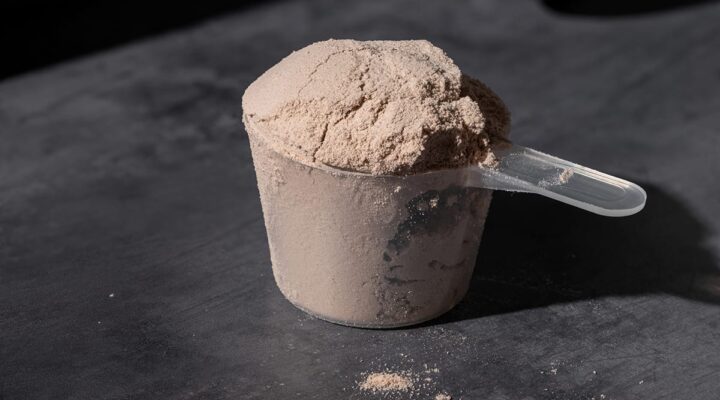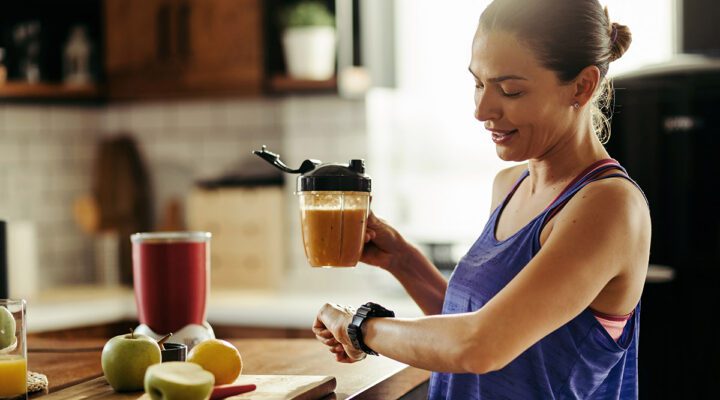8 Foods and Vitamins to Help Boost Your Immune System
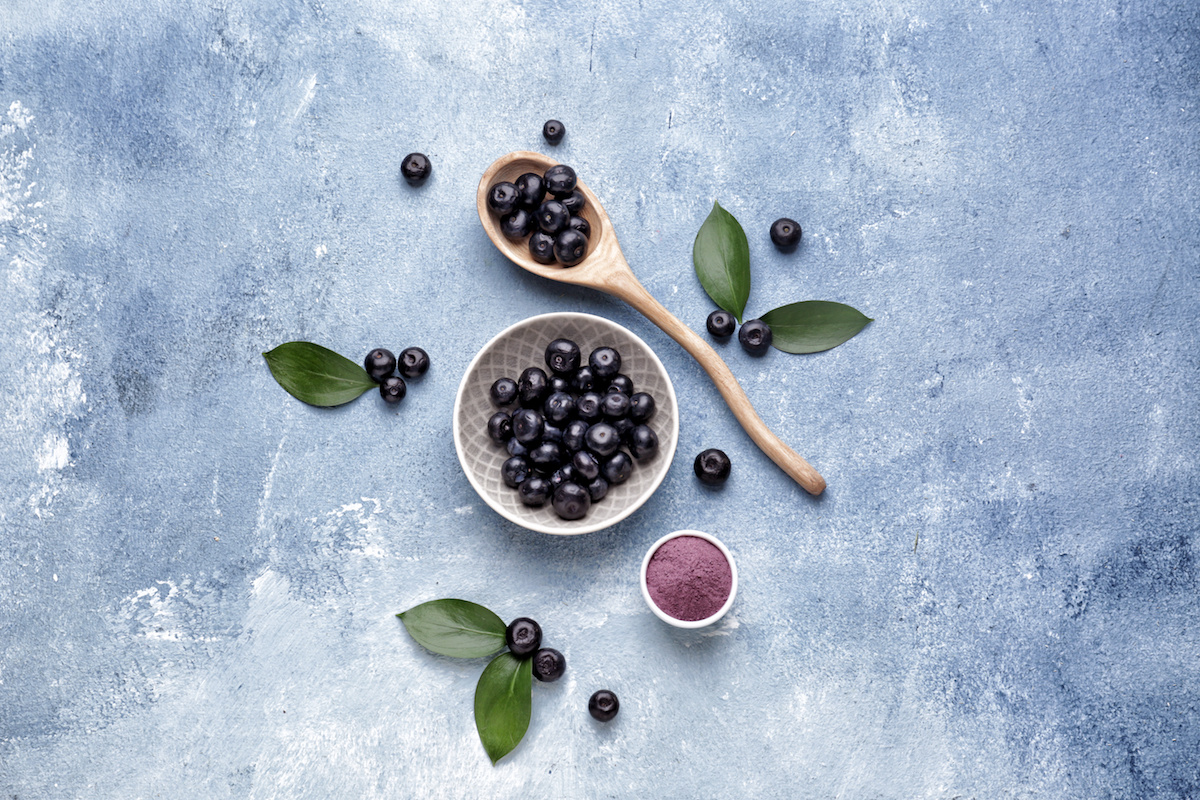
Most of us are well versed in the crucial practices of washing our hands and not touching our face by now, to protect ourselves from pathogens (a bacterium, virus, or other microorganisms that can cause disease) on a surface level. But it’s just as important to take care of our immune system, as this is what protects us from these pathogens.
The immune system is composed of various organs, white blood cells, and proteins called antibodies that work together against these pathogens that threaten the body. Basically, our immune system hunts down and kills viruses. Some people may have a weakened immune system either through underlying illnesses or an invasive medical treatment like chemotherapy.
But for most people, our food and lifestyles choices can have a profound effect on our immune system. So even if we do catch anything, having a robust immune system means we’d have the ability to fight against it.
Which is why we’ve put together a three-part guide on how you can strengthen your immune system (you can read the first part on why gut health is vital for a strong immune system here), not just to help protect yourself against coronavirus, but to also protect yourself through life. Here then is our list of the top immune boosting foods to know.
Please note, our immunity system isn’t built overnight, it takes a continued effort to build it up. So the important thing is to start now.

The Best Immune Boosting Foods
Berries
Berries are the best thing to eat for disease prevention, according to the head of the Bioactive Botanical Research Laboratory.
These superpowers come from their ability to boost the levels of natural killer cells – a vital part of our immune system team, that work as a fast-acting response against virus-infected and cancerous cells – as well as their potent antioxidants that tackle oxidative stress and inflammation.
Colourful fruits and vegetables are often healthier because they contain these antioxidant pigments. Beta carotene, for example, gives carrots and sweet potato their orange hue, while lycopene makes tomatoes red and anthocyanin makes blueberries blue. –
How do these antioxidants work then? Well, antioxidants in plants are what keep your food from oxidising (going off, basically), and they may do the same inside our bodies. Any oxidative stress in our bodies can result in cellular damage, so it’s thought that eating foods containing lots of antioxidants may slow down this oxidative process.
And if you’re worried about the sugar in berries, then note that fructose (the sugar you find in fruit) is prepackaged with fibre, antioxidants, and phytonutrients. These appear to nullify any adverse effects – especially, the fibre, which has a gelling effect in our stomach and small intestine that slows down the release of sugars, and the resulting free fatty acid rebound.
Broccoli
Our body’s greatest exposure to the outside world is through the lining of our intestines. This is extremely thin so our body can absorb nutrients from food through it. But because the layer is so thin, it’s crucial for us to have a good defence mechanism in place to prevent pathogens from creeping through too.
That’s where a type of white blood cells called intraepithelial lymphocytes comes in. These cells serve as the first line of gut defence against pathogens, helping to repair the thin intestinal wall. And thankfully, cruciferous vegetables such as broccoli, kale, cauliflower, cabbage and Brussels sprouts are packed full of compounds that help maintain the population of these handy pathogen-busters.
What’s more, just having these vegetables in our gut, works as a signal to keep our body promoting normal intestinal immune function. And it’s not just pathogens were busting here either. As well as being one of the top immune boosting foods, cruciferous vegetables also have the potential to protect us against pollutants we’re exposed to in the environment.
Bear in mind though that the phytonutrients from fruits and vegetables’ positive effects only protect us for a few hours. This means it’s crucial to have fruits and vegetables throughout the day, everyday – to maintain our defence against pathogens.
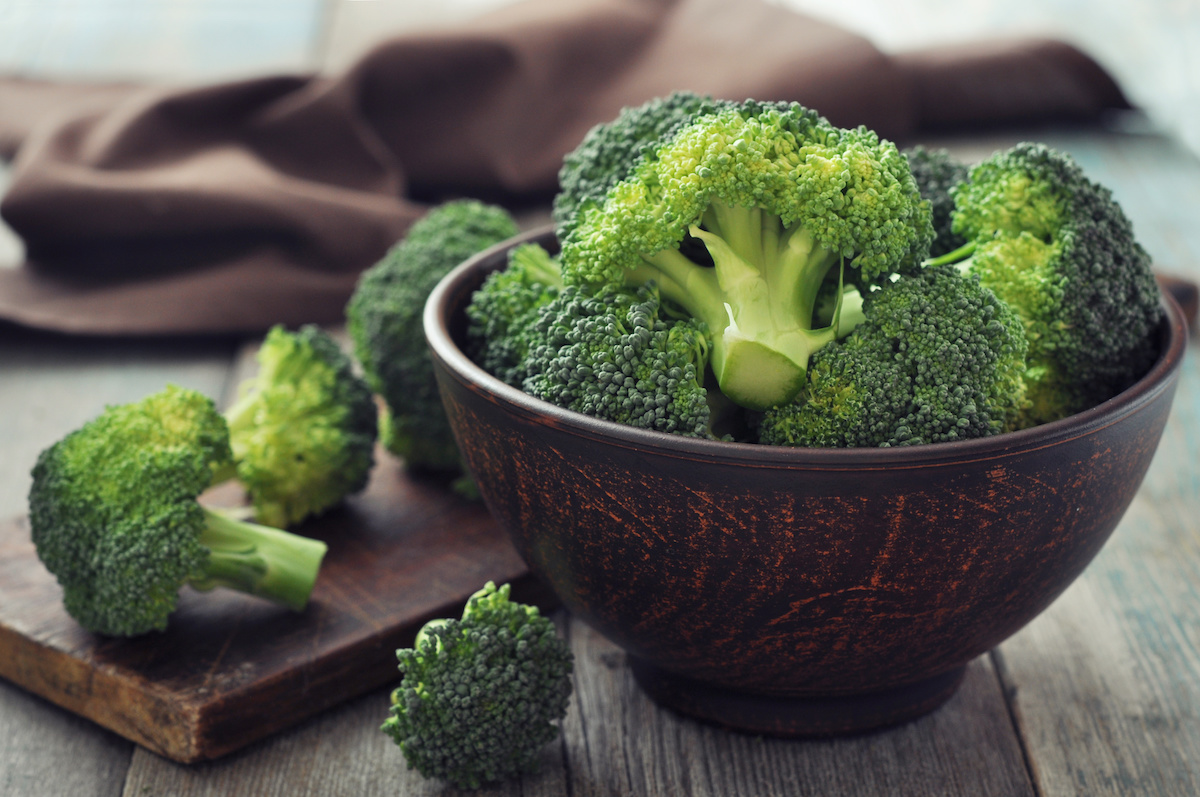
Kale
Adding to green vegetable’s already substantial immune boosting health cred, a study from Ehime University in Japan found that kale, specifically, had a substantial immunostimulatory effect. When eaten, kale stimulates the body’s production of immunoglobulin A, an antibody that plays a crucial role in the immune function of mucous membranes.
The study also showed that eating kale that had been continuously boiled for half an hour was even more effective at stimulating the production of immunoglobulin A than consuming it raw.
Kiwi
Further proof that anything green is bound to have a positive effect on your immune system is the kiwi. For proof, a study from Massey University in New Zealand randomly fed 66 children either two servings of kiwi or a banana over a 4 week period.
The results found that eating the kiwi appeared to cut the children’s risk of contracting cold or flu-like symptoms by nearly half compared to those who ate the bananas instead.
Another similar study looked at elderly individuals who suffered from upper respiratory tract infections. Once again those who ate kiwi fruit compared to bananas suffered for about 5 days less over the 4 week time frame.
Surprisingly though, kiwi is also the third most common food allergen, so some may have to overlook the hairy fruits immune-boosting powers for others on this list.
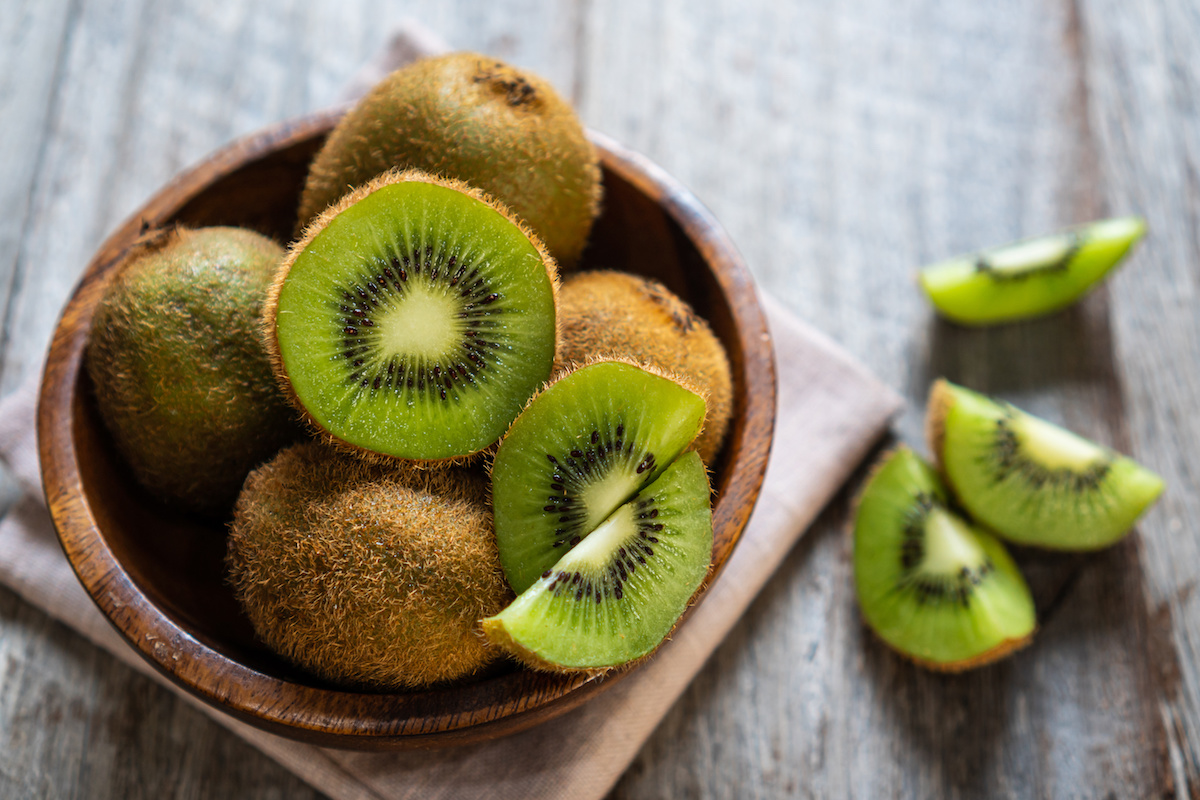
Garlic
A nightmare for vampires, but a godsend for your immune system, garlic is rich in the compound allicin, which converts into sulphur compounds within the body. These compounds then go on to boost the fighting response of some white blood cells, whose job it so to destroy pathogens.
Garlic has also been shown to suppress inflammation while boosting natural killer cell activity – which is what our body uses to purge cells that have been stricken by pathogens.
Put to the test against the common cold, a blind, placebo-controlled trial looked to prove that a garlic supplement could help prevent viral disease. Those who randomly took the garlic appeared to have suffered about 60 percent fewer colds, while 70 percent had fewer days where they were affected. The study went on to show that not only did they experience fewer colds but the subjects also appeared to recover faster.
The Best Immune Boosting Vitamins
Vitamin C
When it comes to immune boosting foods, eating a wide variety of fruits and vegetables will provide you with most of the vitamins and minerals your body needs to function optimally. But in times like these, keeping up with your vitamin C intake can be extra useful.
The vitamin supports immune responses and promotes the production of lymphocytes and phagocytes, which are types of white blood cells that help us fight disease.
Unfortunately, our body can’t produce its own vitamin C, so it’s crucial to get in as much vitamin C containing fruits and vegetables as you can.
Look to eat more oranges and grapefruit or squeeze a fresh lemon into your water. You can also top this consumption up with a vitamin C supplement (although vitamin intake through eating is always preferable).
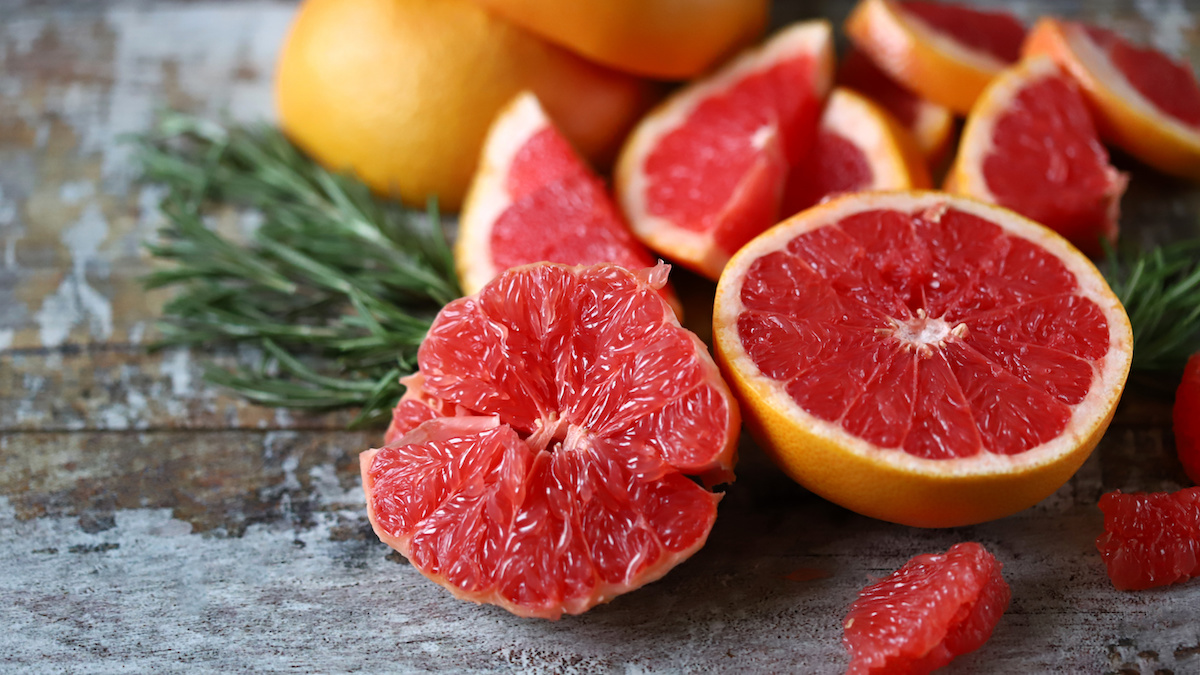
Zinc
Zinc is a crucial for the body in general; playing a key role in digestion, hormone regulation, and muscle growth and repair.
Adding a zinc supplement can also be useful right now as the mineral is crucial for immune cell function and cell signalling, while a deficiency in zinc can lead to weakened immune response. Studies also show that the intake of zinc may reduce the length of the common cold by up to a third.
Vitamin D
Vitamin D is in rich supply as we come into spring. Your skin produces vitamin D when it is exposed to the sun, and this sunny D has been shown to be important as an immune facilitator and improving our resistance to pathogens.
If you’re living somewhere with a lot of outdoor space, and are able to leave the house, it’s a great idea to get some sun on your skin then. Avoid the midday sun though, when the UV rays are at their strongest, and minimise your time in the sun to around 15 mins. If getting outside is not an option, then once again you can take a vitamin D supplement to help you get the benefits. Life hack: our Superblend protein handily contains all three of these vitamins if you want to replenish the stocks in one easy go.







